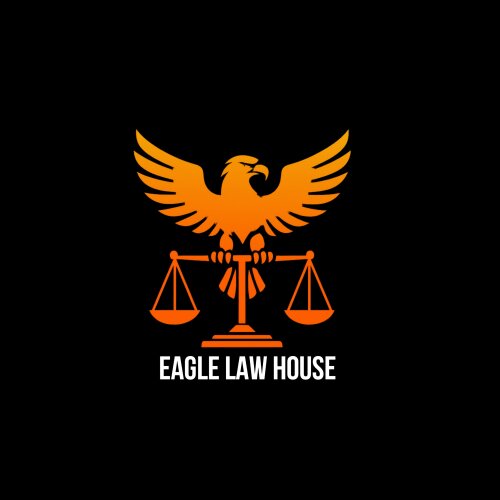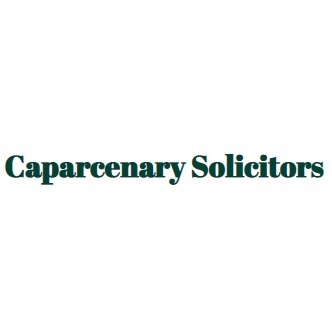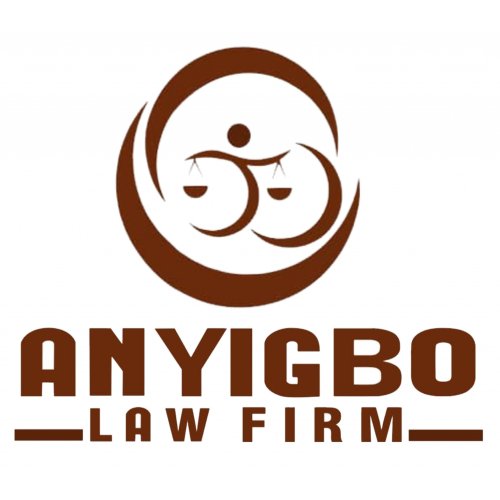Best Conveyancing Lawyers in Nigeria
Share your needs with us, get contacted by law firms.
Free. Takes 2 min.
Free Guide to Hiring a Real Estate Lawyer
Or refine your search by selecting a city:
List of the best lawyers in Nigeria
Legal guides written by Adeola Oyinlade & Co:
- Procedure and Requirements for Work Permit and Visas in Nigeria
- The Step-By-Step Procedure of How to Apply for Microfinance Bank License Online in Nigeria
- How to Ensure the Smooth Recognition and Enforcement of Foreign Judgments in Nigeria
About Conveyancing Law in Nigeria
Conveyancing in Nigeria refers to the legal process of transferring ownership or interest in real property from one person or entity to another. This critical legal process involves preparing, verifying, and executing the documents needed to ensure a secure and lawful transfer of property rights. It usually applies to land, houses, and other forms of real estate. Conveyancing law in Nigeria is guided by both statutory provisions and customary laws, which may vary from state to state. The aim is to ensure all property transactions are transparent, legally valid, and protect the rights of both sellers and buyers.
Why You May Need a Lawyer
Many individuals and businesses seek the help of a lawyer in property transactions to avoid common pitfalls and ensure their interests are protected. You may need a conveyancing lawyer in Nigeria if you are:
- Buying or selling land, houses, or commercial property
- Leasing or renting property for a long term
- Transferring property due to inheritance, gifts, or divorce settlements
- Resolving disputes related to property boundaries, ownership, or encumbrances
- Verifying the authenticity of property documents and ensuring no hidden liabilities
- Navigating transactions involving government or customary land
- Registering titles and perfecting ownership documents
A lawyer can guide you through the paperwork, negotiation, verification, and legal filings required to make your property transaction safe and legitimate.
Local Laws Overview
Conveyancing in Nigeria is regulated by a framework of laws and regulations that depend on the location and type of land involved. Some key aspects include:
- Land Use Act 1978: The cornerstone of land law in Nigeria, this act vests all land in each state in the governor, who holds it in trust for the people. Property rights are typically held through a statutory or customary right of occupancy.
- Governor's Consent: Any transfer of property, mortgage, or sub-lease requires the consent of the state governor where the land is located. This is a crucial legal step for the validity of the transaction.
- Registration of Titles: After acquiring property, the relevant documents such as deeds of assignment and certificates of occupancy must be registered at the State Lands Registry or other appropriate offices.
- Customary Laws: In some states and rural areas, land transactions are subject to local customs and the authority of family heads or traditional rulers. These customs typically govern inheritance and communal ownership.
- Stamp Duties and Fees: Legal property transfers involve the payment of government taxes, including stamp duties and registration fees, which are mandatory for the proper documentation and recognition of property rights.
Understanding these laws and their implications is essential for a secure and dispute-free conveyancing process in Nigeria.
Frequently Asked Questions
What documents are needed for buying property in Nigeria?
Commonly required documents include the Certificate of Occupancy, Deed of Assignment, Governor’s Consent, survey plan, and receipts of payment. Additional documents may be required depending on the location and history of the property.
What is the meaning of Governor’s Consent?
Governor’s Consent is the mandatory approval from the state governor before any transaction involving a transfer of land ownership can be valid and recognized by law.
How long does the conveyancing process take?
The timeline depends on factors such as the location, completeness of documents, and efficiency of government agencies. It typically takes between a few weeks to several months.
Can foreigners own land in Nigeria?
Foreigners can acquire interests in land, but this is generally subject to additional conditions and restrictions. Leases for up to 99 years are common, while outright ownership is rare.
What are the risks of not registering property documents?
Unregistered property documents may not be legally recognized, leaving you vulnerable to disputes, loss of property, or challenges to your ownership.
What is a Deed of Assignment?
A Deed of Assignment is a legal document that transfers ownership of property from one party (assignor) to another (assignee). It is central to most property sales.
Who pays for the legal fees and taxes during conveyancing?
The buyer typically bears the cost of legal fees, stamp duties, and registration fees, unless otherwise negotiated between the buyer and seller.
What does title perfection mean?
Title perfection refers to the process of ensuring all legal formalities for transferring property ownership are completed, including registration and payment of government fees.
Are there restrictions on the sale of family or ancestral land?
Yes. Sale of family or communal land in Nigeria often requires the consent of principal family members or community heads, as governed by customary law.
What should I do if a property has multiple owners?
Ensure all co-owners consent to the transaction and sign the transfer documents. Your lawyer will help verify title and avoid potential disputes.
Additional Resources
If you require more information or wish to verify specific property details, you may contact or visit the following:
- State Ministry of Lands and Housing within the relevant state
- Nigerian Bar Association (NBA) for referrals to qualified conveyancing lawyers
- Lands Registry Offices for title search and registration
- Nigerian Institute of Estate Surveyors and Valuers for independent property valuation
- Government websites for land and property policies
Next Steps
If you are considering buying, selling, or transferring property in Nigeria, it is best to start by consulting a qualified conveyancing lawyer. A lawyer will help you:
- Conduct a property search and verify ownership
- Review or draft relevant legal documents
- Liaise with government agencies for approvals and registration
- Advise you on costs, risks, and your rights as a buyer or seller
- Ensure legal compliance through every stage of your transaction
Gather all available documents about the property, write down your questions, and book an appointment with a property lawyer. Do not make payments or sign agreements until you have received professional legal advice. Your attention to legal detail now can prevent serious issues in the future.
Lawzana helps you find the best lawyers and law firms in Nigeria through a curated and pre-screened list of qualified legal professionals. Our platform offers rankings and detailed profiles of attorneys and law firms, allowing you to compare based on practice areas, including Conveyancing, experience, and client feedback.
Each profile includes a description of the firm's areas of practice, client reviews, team members and partners, year of establishment, spoken languages, office locations, contact information, social media presence, and any published articles or resources. Most firms on our platform speak English and are experienced in both local and international legal matters.
Get a quote from top-rated law firms in Nigeria — quickly, securely, and without unnecessary hassle.
Disclaimer:
The information provided on this page is for general informational purposes only and does not constitute legal advice. While we strive to ensure the accuracy and relevance of the content, legal information may change over time, and interpretations of the law can vary. You should always consult with a qualified legal professional for advice specific to your situation.
We disclaim all liability for actions taken or not taken based on the content of this page. If you believe any information is incorrect or outdated, please contact us, and we will review and update it where appropriate.
Browse conveyancing law firms by city in Nigeria
Refine your search by selecting a city.

















